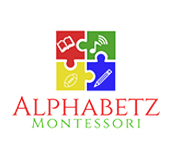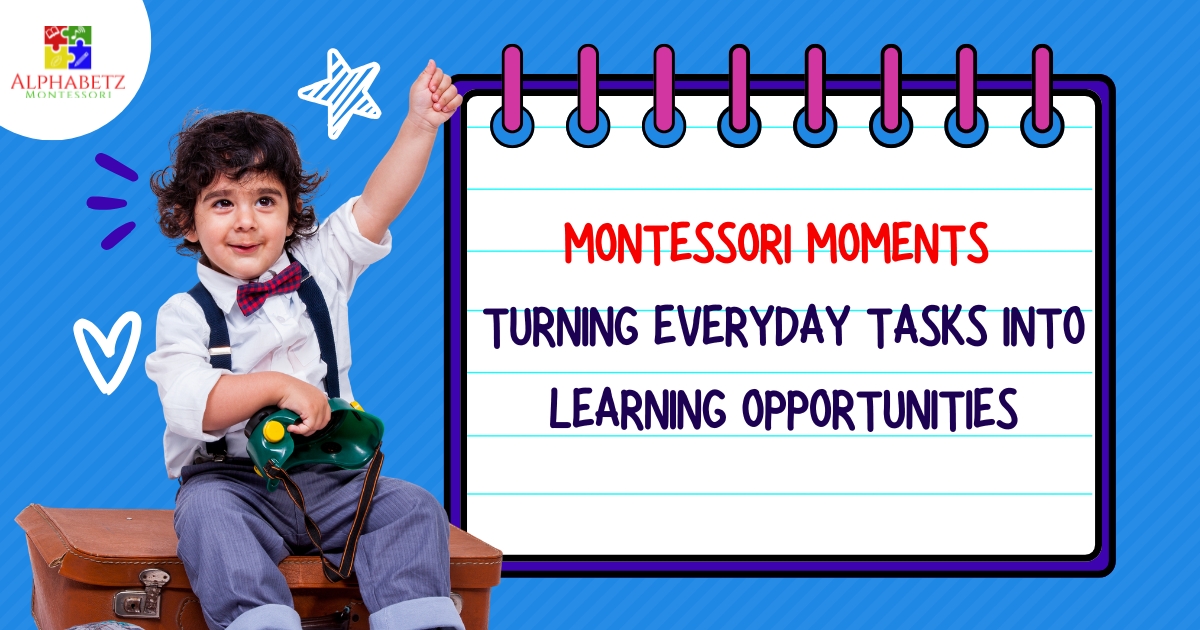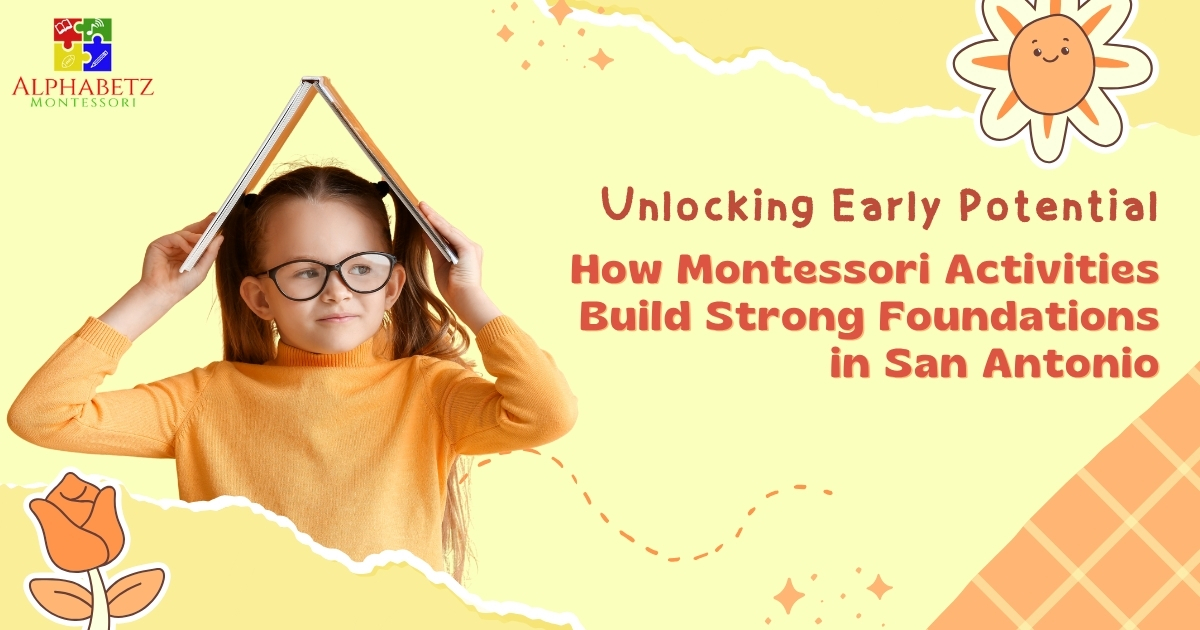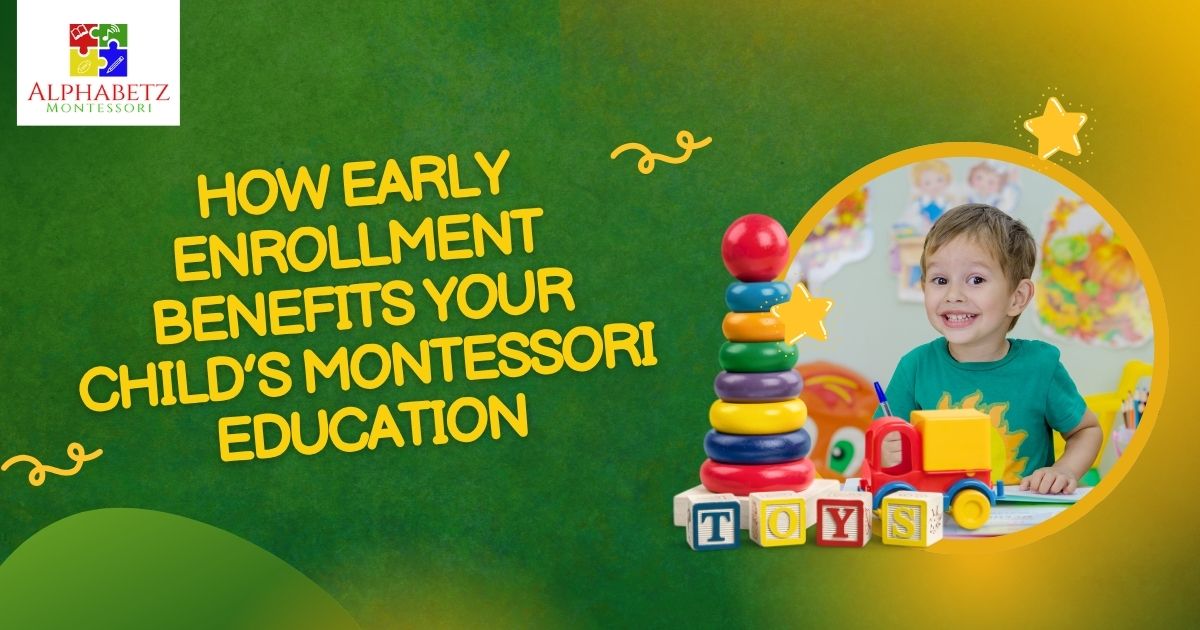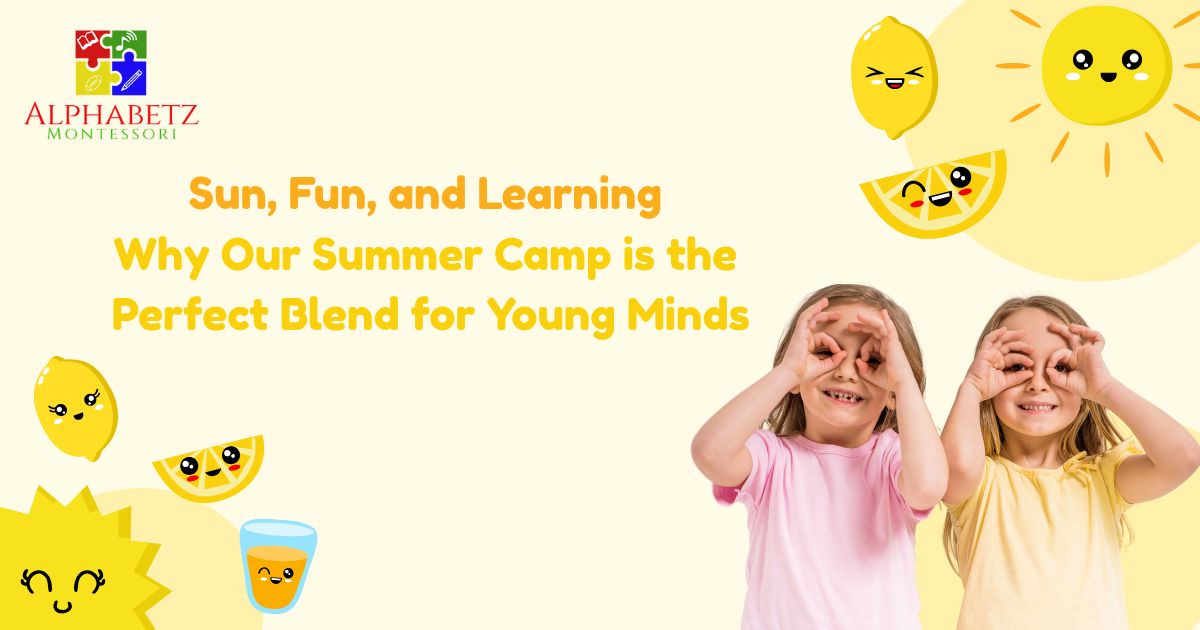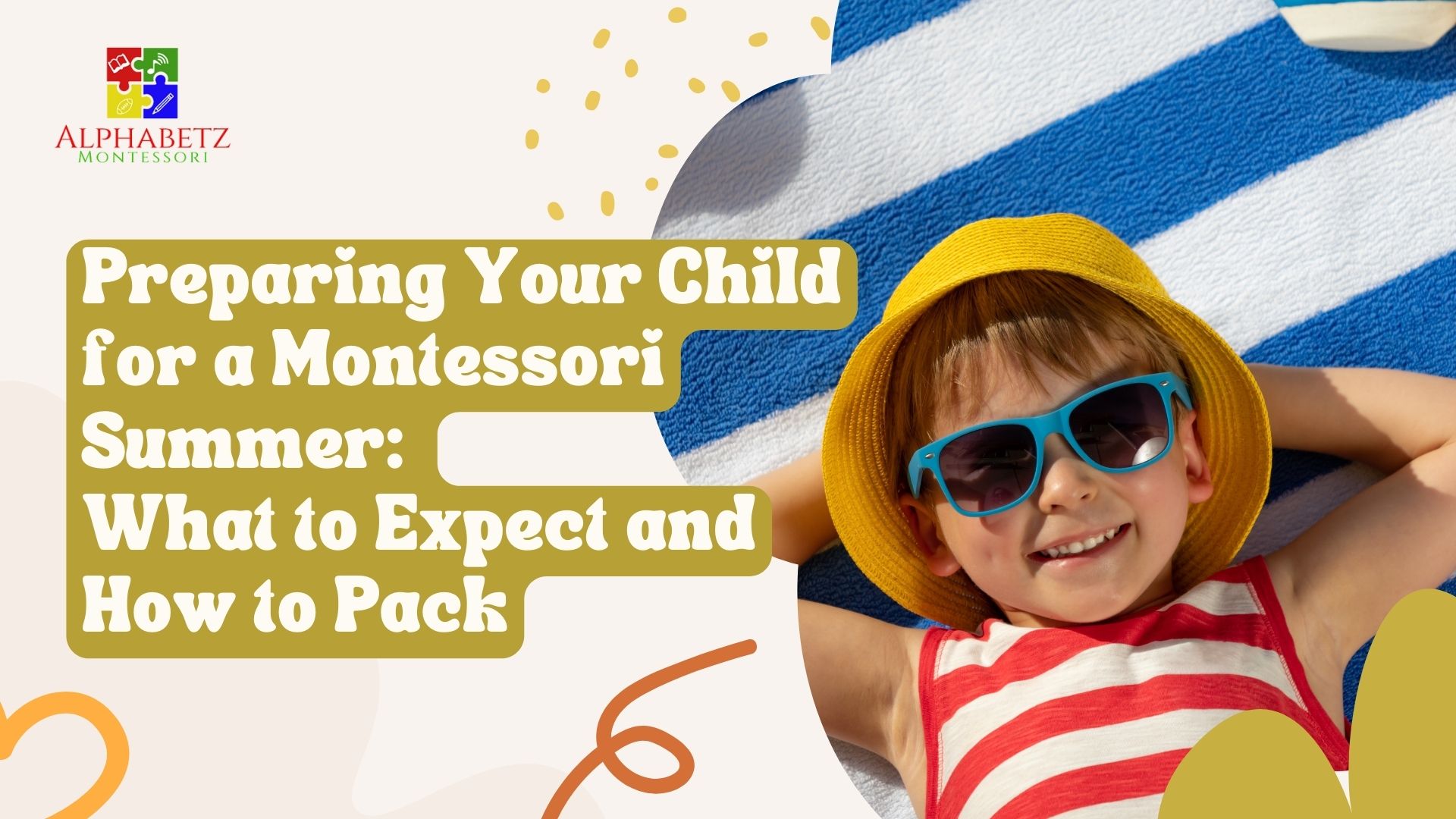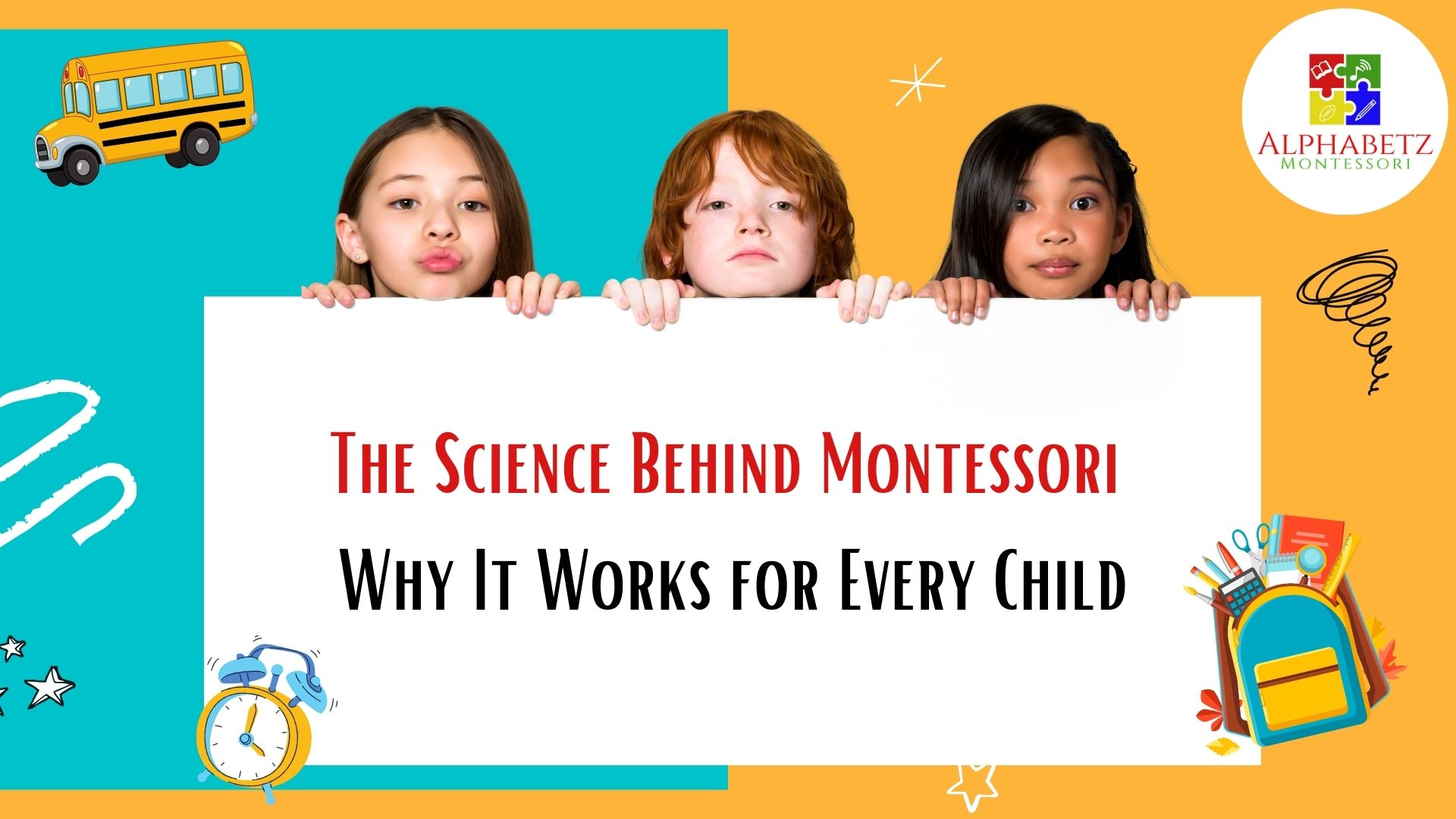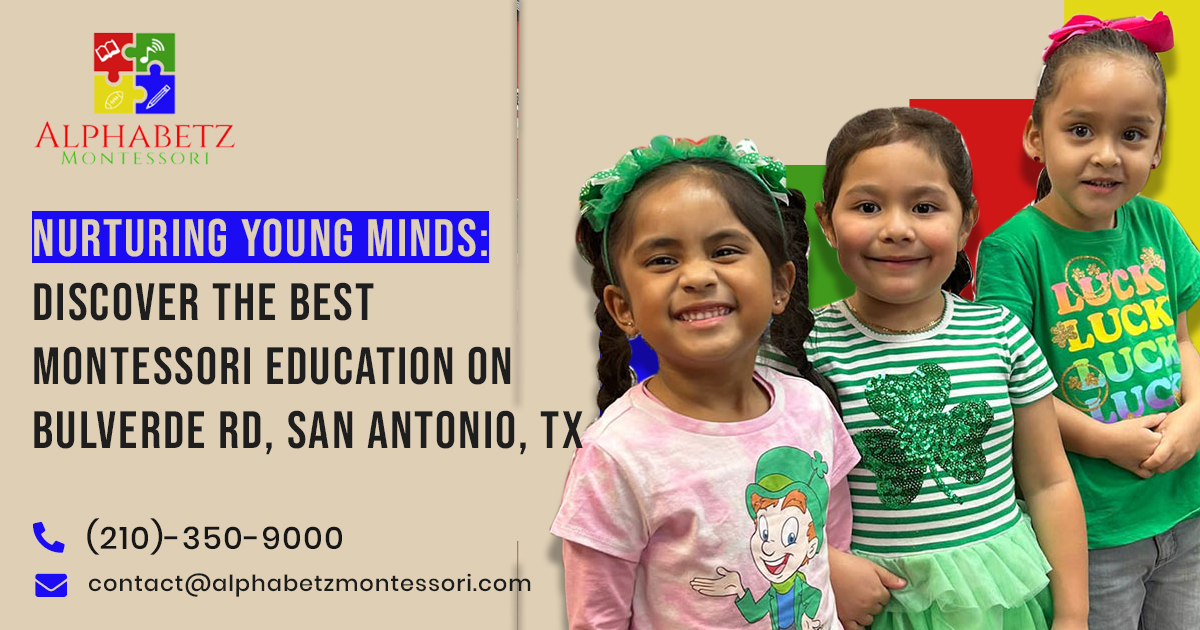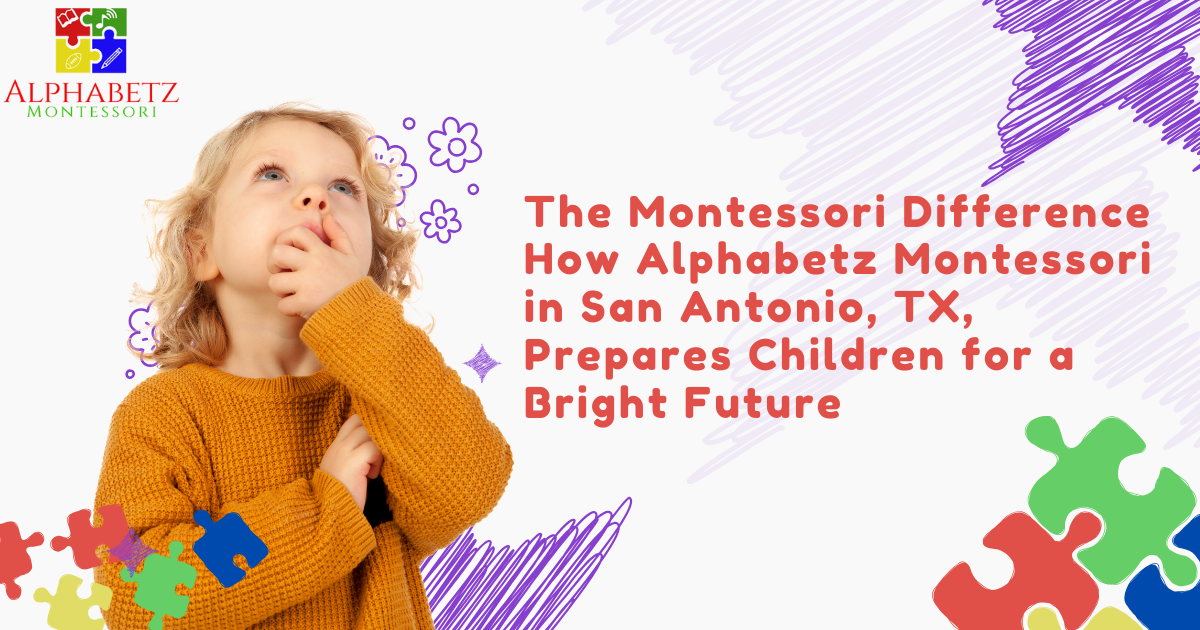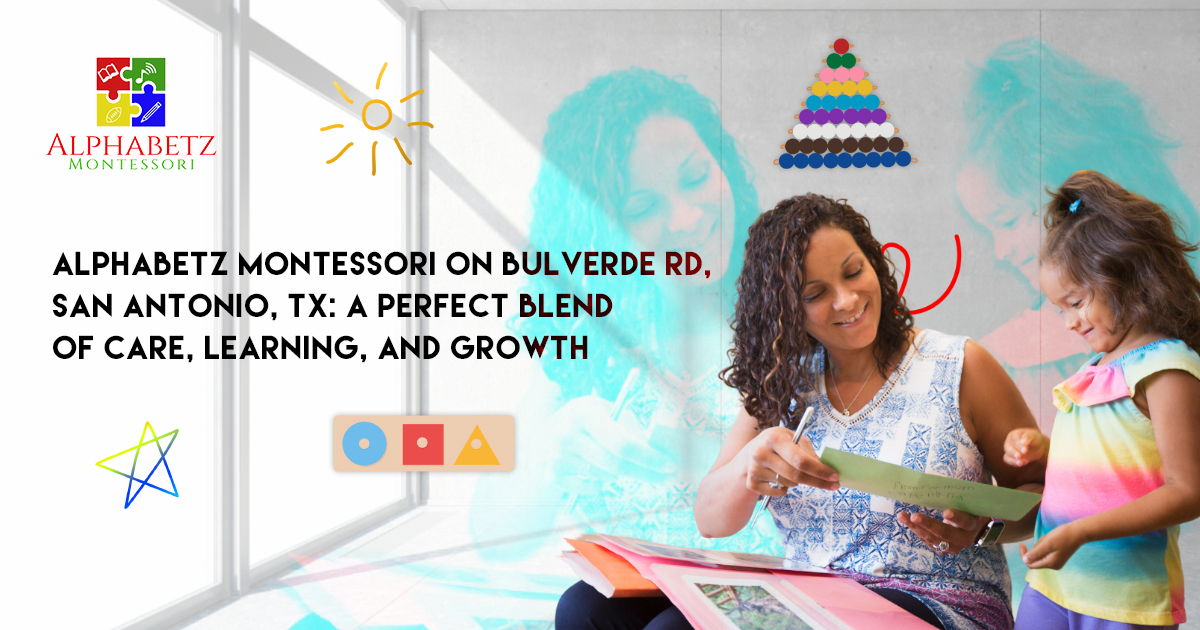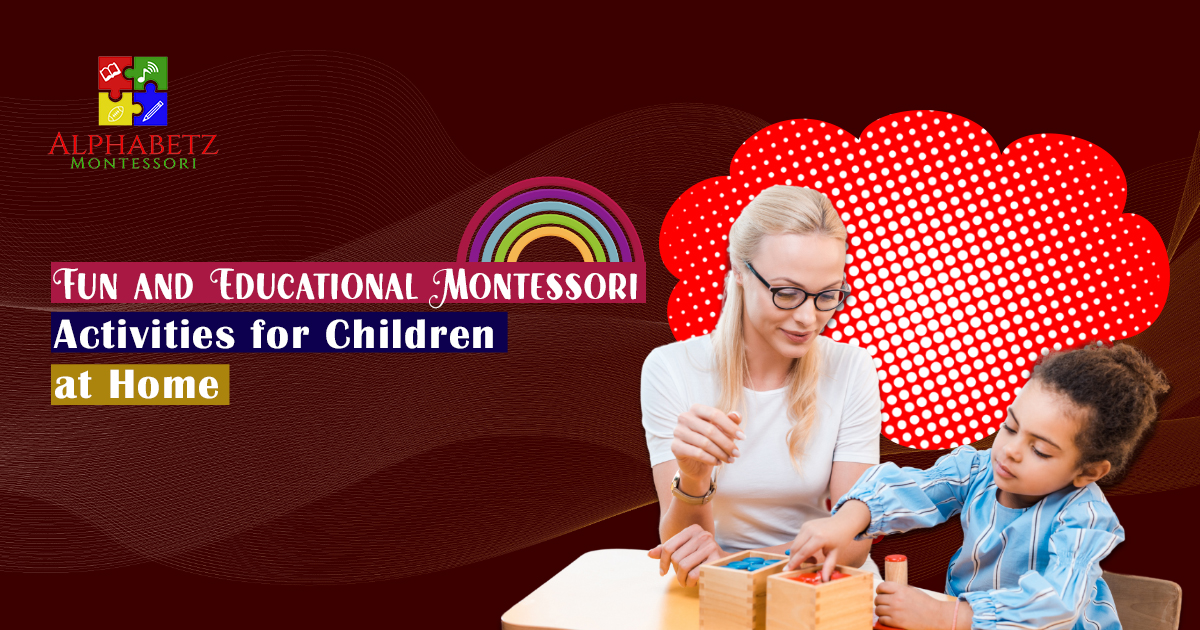Montessori Moments: Turning Everyday Tasks into Learning Opportunities
In Montessori philosophy, learning isn’t confined to a classroom—it’s woven into every part of a child’s day. Everyday tasks like cooking, cleaning, gardening, or setting the table may seem simple, but they are rich with opportunities for growth, independence, and joy. At Alphabetz Montessori, we believe these daily activities are powerful tools to nurture skills that last a lifetime. Why Everyday Tasks Matter in Montessori Learning Montessori education emphasizes practical life activities—real-life tasks that help…
